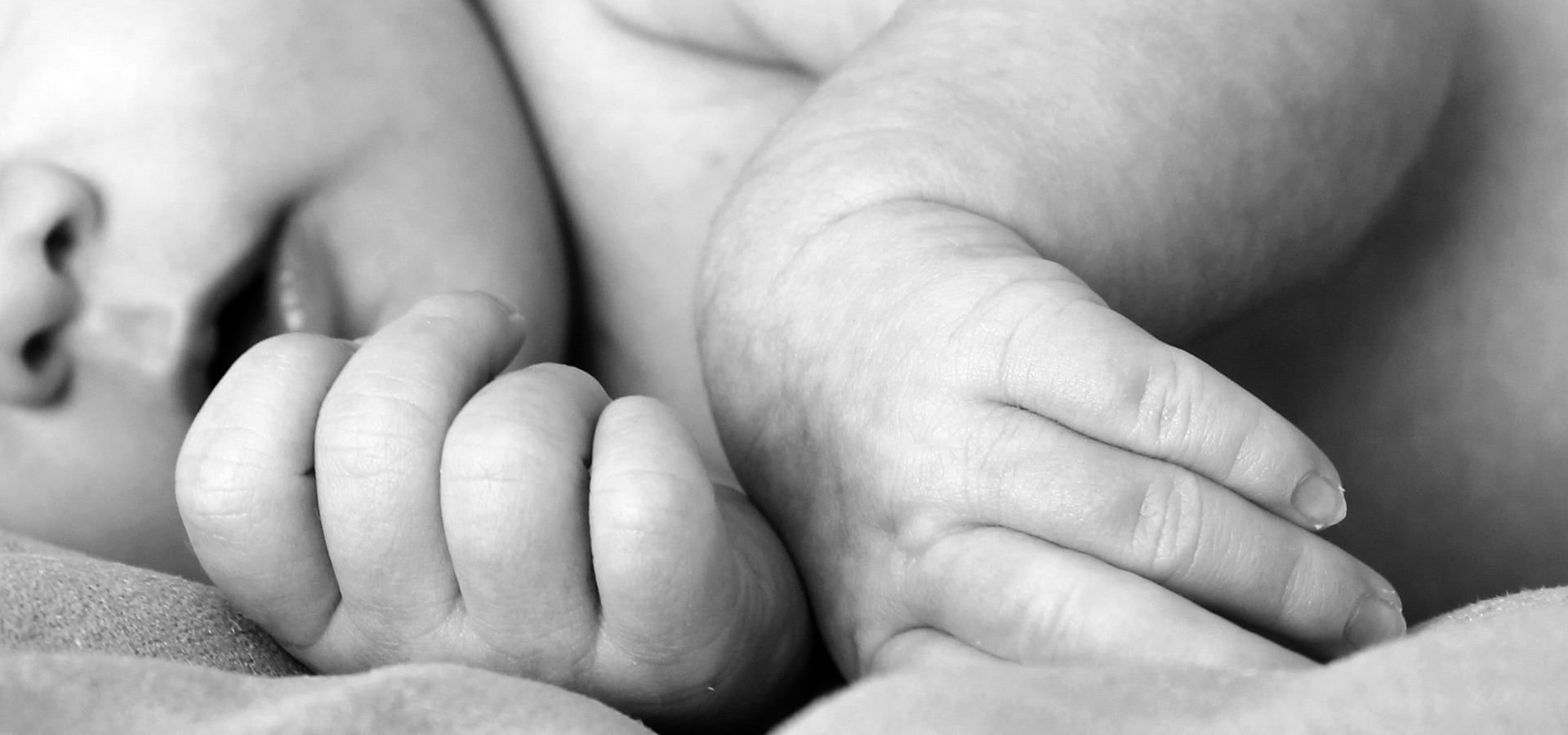
As parents, we all want to create lasting memories with our children. We want them to remember all the fun times we had together, the milestones they achieved, and the lessons we taught them. But when does a baby start to develop long-term memory?
Table of Contents
The Science of Long-Term Memory
Before we dive into when babies develop long-term memory, let’s first understand how memory works. Memory is stored in the brain through a process called encoding. When we experience something, our brains encode that memory by creating new neural pathways. These pathways then allow us to retrieve that memory later on.
There are two types of memory: short-term and long-term. Short-term memory is our ability to hold onto information for a brief period, usually a few seconds to a minute. Long-term memory, on the other hand, is our ability to store information for a much longer period of time, sometimes even a lifetime.
When Does Long-Term Memory Develop?
According to research, babies start to develop long-term memory around the age of 6 months. Before then, they have a limited ability to store and retrieve memories. This is because their brains are still developing and they have not yet developed the necessary neural pathways for long-term memory.
However, just because babies can’t form long-term memories before 6 months doesn’t mean that they don’t remember anything. In fact, babies have an incredible ability to remember certain things, such as their mother’s voice and face, even from birth. They can also remember routines, such as the time of day they usually take a nap or eat.
As babies get older and their brains continue to develop, they become better at forming and retrieving long-term memories. By the age of 2, they can remember events that happened months ago. By the age of 3, they can remember events that happened a year ago or even earlier.
Factors That Affect Long-Term Memory Development
There are several factors that can affect a baby’s ability to develop long-term memory. One of the most important is the amount of stimulation and interaction they receive. Babies who are exposed to a variety of experiences and activities, and who receive lots of positive interaction with their caregivers, are likely to have better-developed neural pathways for long-term memory.
Another factor is sleep. Sleep is essential for consolidating memories, which means that babies who don’t get enough sleep may have a harder time forming and retrieving long-term memories.
Finally, genetics also play a role in long-term memory development. Some babies may be naturally better at forming and retrieving memories than others, depending on their genetic makeup.
How to Create Lasting Memories with Your Baby
While babies may not have fully developed long-term memory, there are still many ways to create lasting memories with your little one. Here are a few ideas:
- Take lots of photos and videos to capture special moments.
- Create a baby book or scrapbook to document milestones.
- Establish routines and traditions that your baby can look forward to and remember.
- Take your baby on new experiences and adventures to expose them to a variety of stimuli.
- Give your baby lots of positive interaction and attention, which can help them feel secure and happy.
Remember, even if your baby can’t remember specific events, they will still benefit from the positive experiences and interactions they have with you. So don’t be afraid to create lasting memories and cherished moments with your little one!
Frequently Asked Questions
Do babies remember anything before 6 months?
Yes, babies can remember certain things, such as their mother’s voice and face, even from birth. They can also remember routines, such as the time of day they usually take a nap or eat.
What can I do to help my baby develop long-term memory?
To help your baby develop long-term memory, provide lots of stimulation and interaction, establish routines, ensure they get enough sleep, and expose them to a variety of experiences and stimuli.
Can genetics affect a baby’s long-term memory development?
Yes, genetics can play a role in a baby’s ability to form and retrieve long-term memories. Some babies may be naturally better at it than others, depending on their genetic makeup.
How can I create lasting memories with my baby?
To create lasting memories with your baby, take lots of photos and videos, create a baby book or scrapbook, establish routines and traditions, take your baby on new experiences and adventures, and give them lots of positive interaction and attention.
What should I remember when trying to create lasting memories with my baby?
Remember that even if your baby can’t remember specific events, they will still benefit from the positive experiences and interactions they have with you. So don’t be afraid to create lasting memories and cherished moments with your little one!
